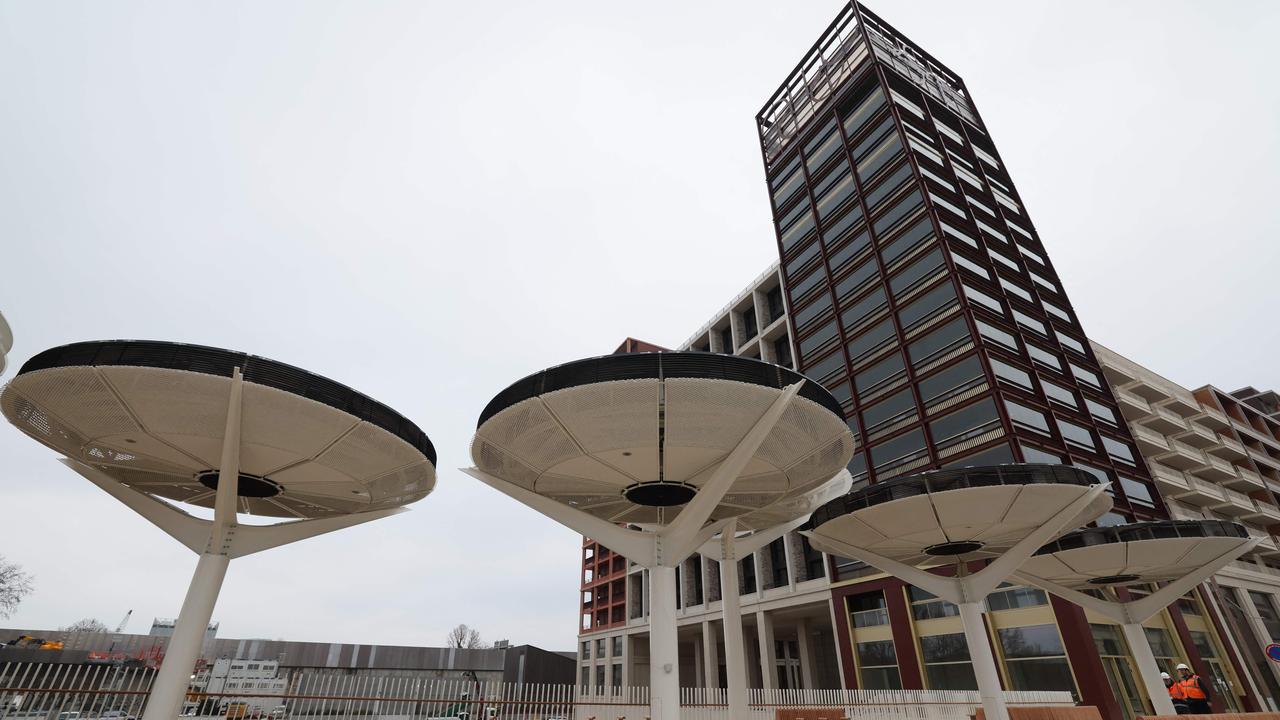Paris Olympics: Host city breaks tradition with Opening Ceremony
Part 5: There are certain rules that must be upheld in every Olympic Games, but for the first time in modern Olympic history, the Opening Ceremony will be held outside a stadium
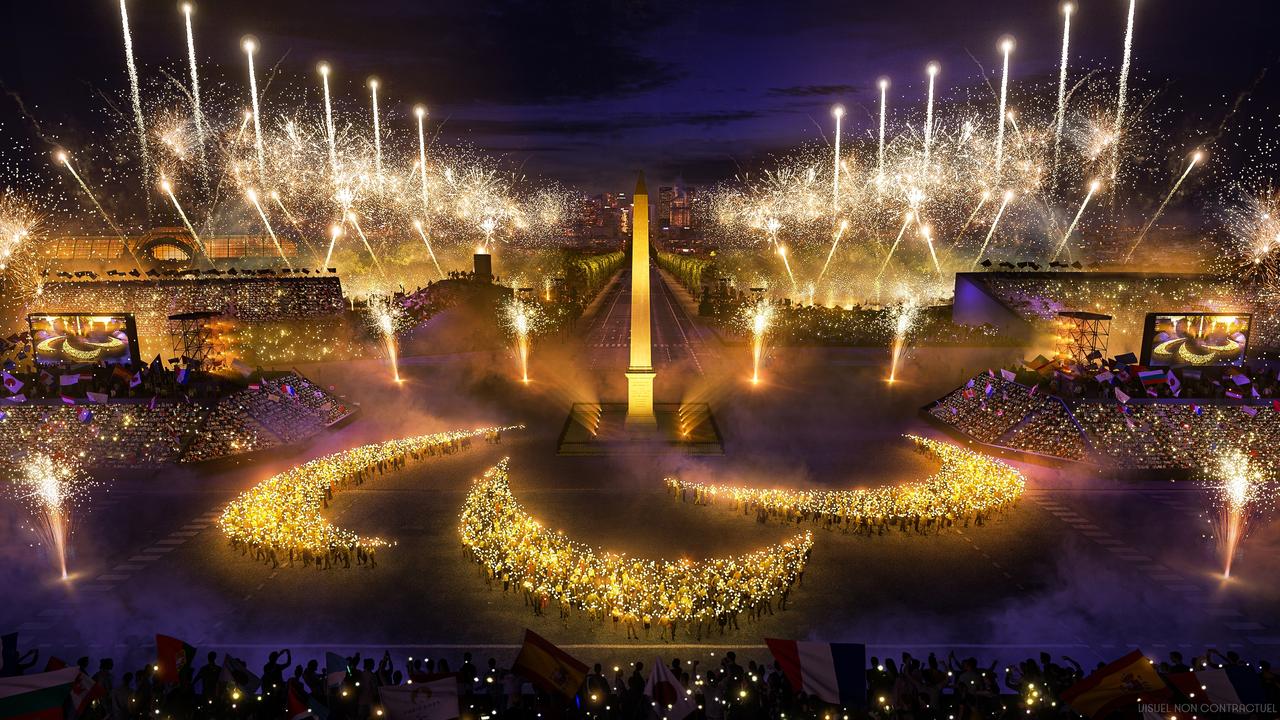
READING LEVEL: GREEN
THE HISTORY OF THE OPENING CEREMONY
The first Opening Ceremony for the modern Olympic Games took place 128 years ago in Greece’s capital city, Athens. The city is referred to as the birthplace of the modern Olympic Games.
The ceremony took place on the 6th of April 1896, when a crowd of 60,000 people filled the Panathenaic Stadium* to welcome the 300 all-male athletes competing. It also included speeches and hymns, as well as the official declaration of the opening of the Games by the Greek King.
Since then, every Summer Olympic Games has included many of these proceedings. It has also always been held in a stadium.
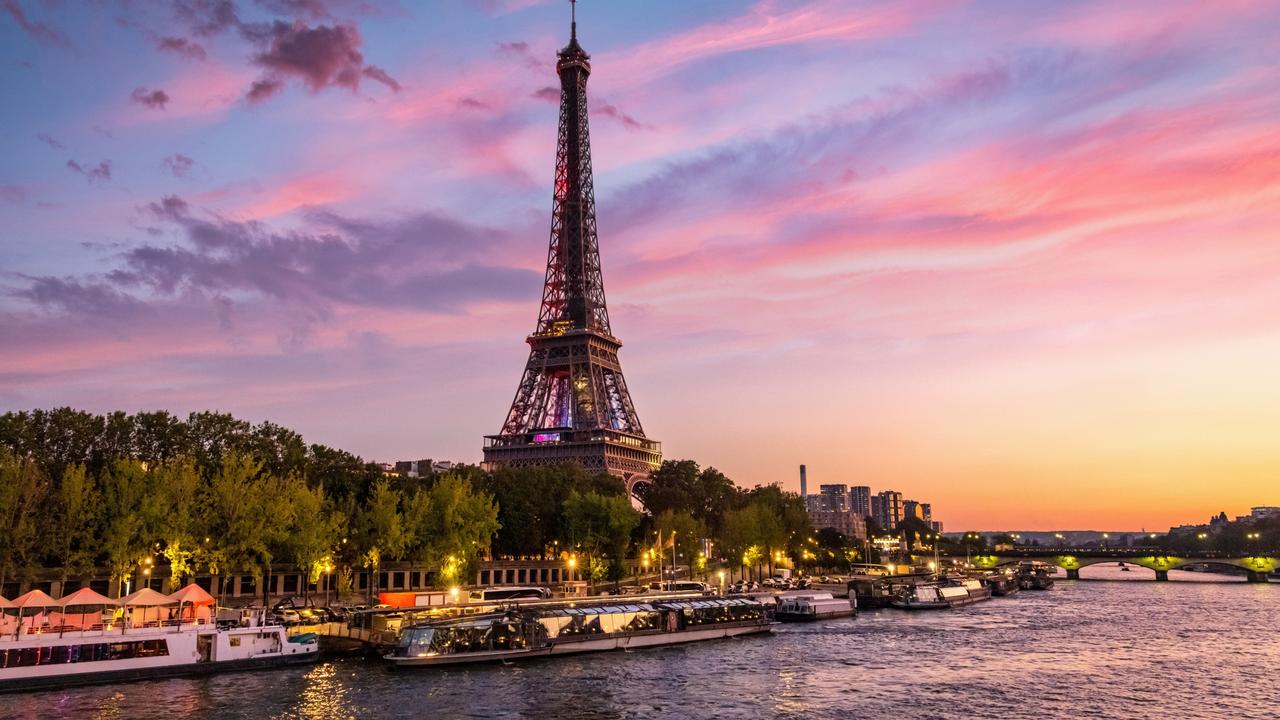
PARIS 2024
In 2024 though, the Olympic Games in Paris, France will do things differently.
One of the biggest changes is the location. Paris will be the first ever Olympic Summer Games to hold the Opening Ceremony outside of a stadium. Instead, on 26 July 2024, the Opening Ceremony is set to be held in the heart of the city along its famed main river: the Seine.
The parade of 10,500 male and female athletes (a lot more than the 300 male athletes from 1896) will sail down the river upon 94 boats, one for each participating country. These boats will also have cameras allowing television and online viewers to see the athletes up close. Organisers expect approximately 1.5 billion viewers from across the world to watch the Opening Ceremony.
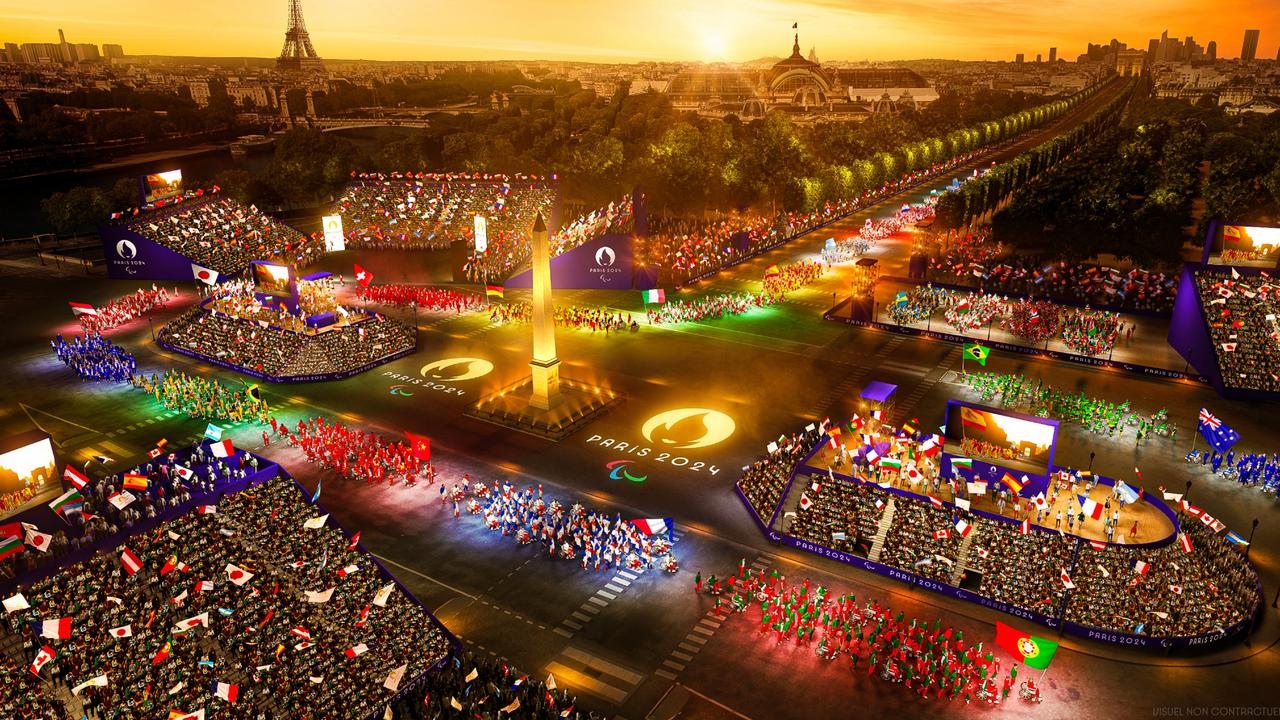
The boats will travel 6km, east to west, crossing through the centre of Paris, where the competition will take place over the next 16 days. On its journey, the procession* will sail past famous landmarks including the Louvre* and Notre Dame de Paris*.
The journey will end in front of the Trocadero*, a site across the Seine River from the iconic Eiffel Tower. This is where the remainder of the ceremony will take place.
For the first time, the Opening Ceremony will not charge most of its spectators an admission fee. Being a mostly free event means that it is expected to be the largest Opening Ceremony in Olympic Games history, attracting spectators from France and worldwide.
The Paris 2024 Opening Ceremony will also break tradition by holding the Parade of Athletes at the start and featuring them on stage throughout the ceremony. The ceremony aims to present an Olympic Games created for and by the athletes.
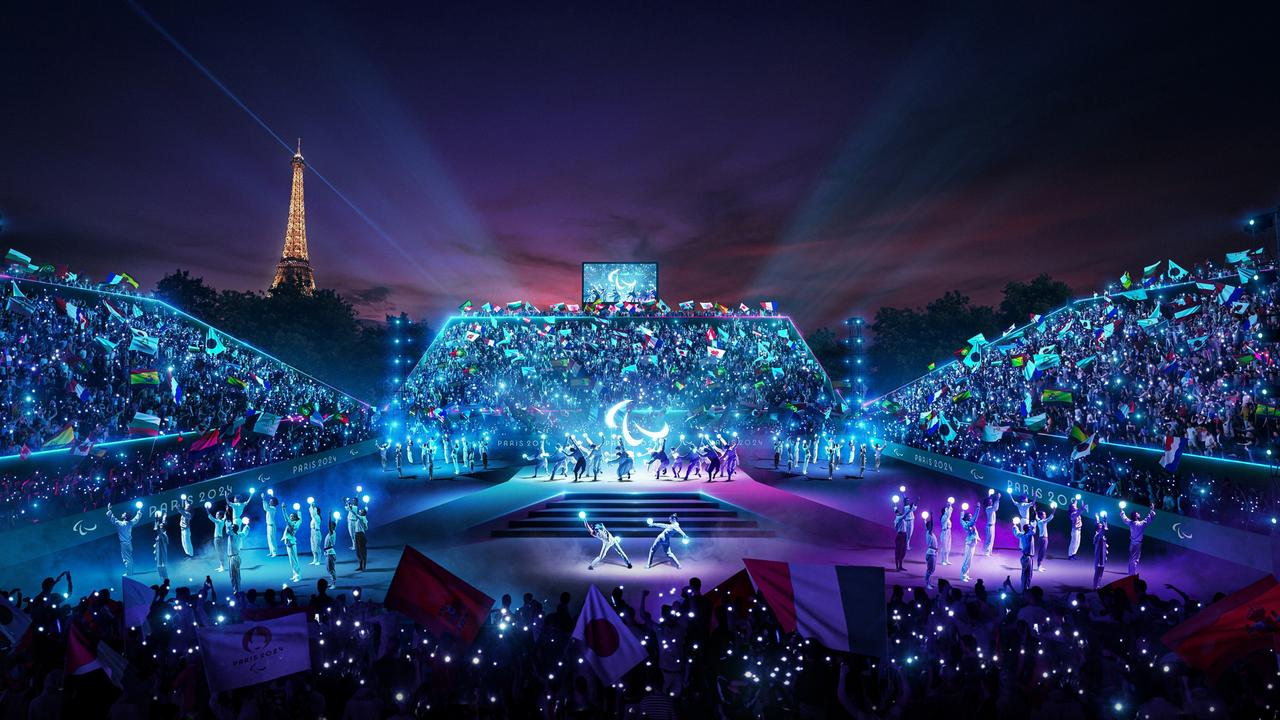
THE PARALYMPICS
The Paralympic Games Opening Ceremony will also break with tradition and be held outside the main stadium, at Paris’s Champs-Elysées (an iconic avenue in Paris) and the Place de la Concorde (a public square). It will take place on Wednesday the 28th of August.
The Opening Ceremony invites people to discover host city Paris through music, song, dance, and fireworks. It also must follow specific rules as stated in Rule 55 of the Olympic Charter*, including playing the host nation’s national anthem, releasing doves, raising the Olympic Flag, and playing the Olympic Anthem. It also includes the lighting of the Olympic Flame, which has travelled from Greece to France during the Olympic Torch Relay.
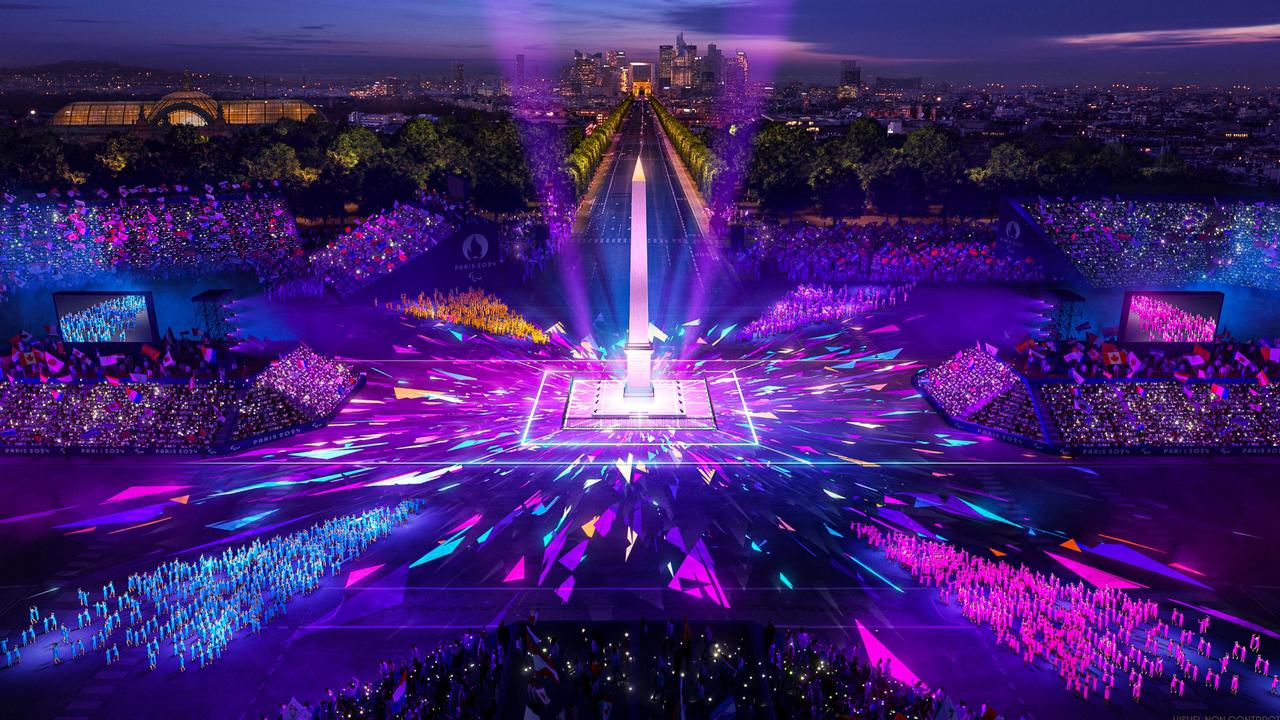
THE CLOSING CEREMONY
At the end of the Olympic Games, only a few hours after the last event (the marathon), the Closing Ceremony takes place. The ceremony is a celebration of hard work and triumph throughout the Olympics.
The Closing Ceremony for both the 2024 Olympic and Paralympic Games will be held at the Stade de France*. The Olympic Closing Ceremony will take place on Sunday, the 11th of August and the Paralympic Games will hold theirs on Sunday the 8th of September.
The Closing Ceremonies will follow a more traditional approach, using a stadium as the venue. It will also cost to attend, with tickets for the Olympic Closing Ceremony costing between €45 and €1,600 (euros) which is about $74 – $1,643 Australian dollars.
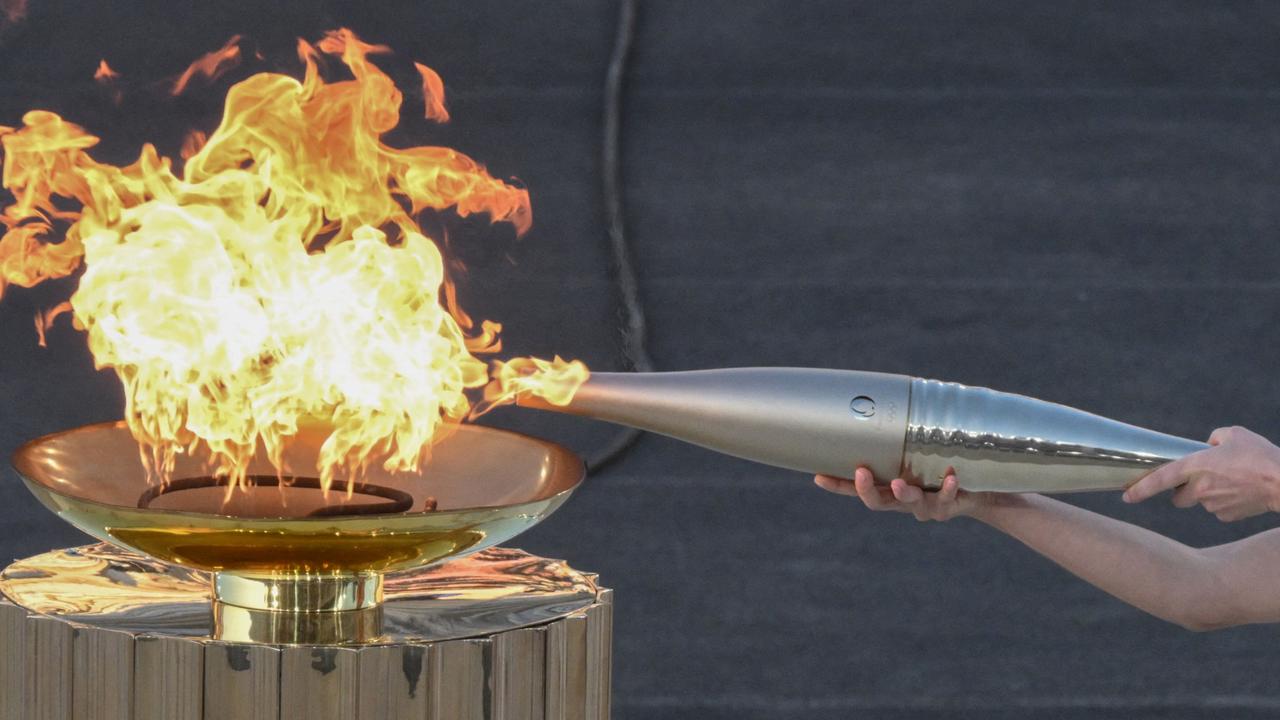
The event usually begins with the Parade of Flags, where athletes from each nation walk with their flag into the stadium. Traditionally, the founding nation of the modern Olympics (Greece) leads the parade and the host nation, France, is at the rear.
The final medal ceremonies of the Games are also held, including for the marathon, basketball, modern pentathlon*, and water polo.
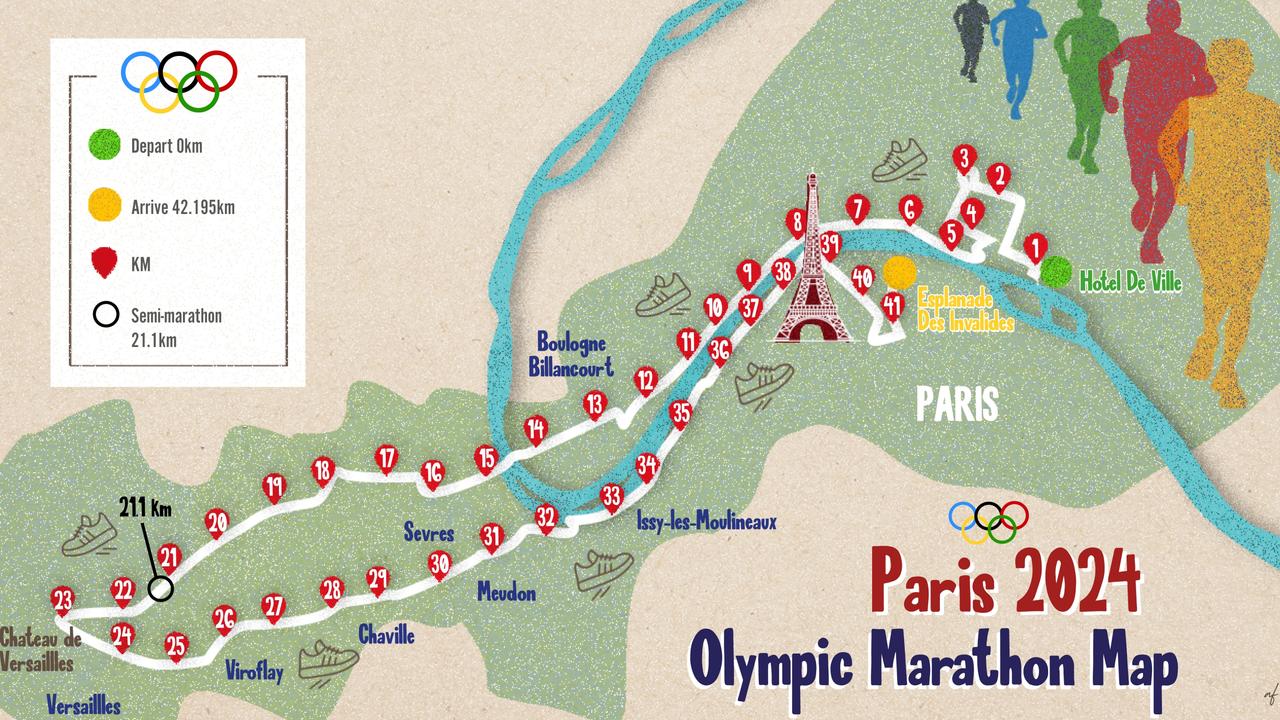
The remainder of the event includes ceremonies dedicated to the nation that has held the current Summer Olympic Games (France) and the nation and city that will next hold them (Los Angeles, USA). A preview of the next Olympics and the host city will then be shown.
At the end of the Closing Ceremony, the Olympic Flame will be extinguished*, symbolising the end of the 2024 Summer Olympic Games.
POLL
GLOSSARY
- Panathenaic Stadium: a historic marble stadium in Athens, Greece dating all the way back to 400BC
- procession: a parade
- Olympic Charter: a set of rules and guidelines for organising the Olympics
- Louvre: a national art museum, famous for holding artworks the Mona Lisa and Venus de Milo
- Notre Dame de Paris: a Catholic cathedral built in Medieval times famous for its intricate Gothic architecture
- Trocadero: a series of gardens and buildings next to the Seine, including the Chaillot Palace
- Stade de France: the national stadium of France
- pentathlon: a sporting contest featuring five events – fencing, freestyle swimming, equestrian jumping, pistol shooting and cross country running
- extinguished: put out
QUICK QUIZ
1. Where will the opening ceremony of the 2024 Paris Olympics be held?
2. In what two ways will the opening ceremony be breaking tradition?
3. How soon will the closing ceremony begin after the last sporting event?
4. What is the Parade of Flags?
5. Where will the 2028 Olympics be held?
LISTEN TO THIS STORY
CLASSROOM ACTIVITIES
Kids News has produced a free Paris Olympics education workbook full of classroom activities to support the information in this series.
It has been crafted by one of our expert Kids News teachers and complements the information in these education kit articles.
Sign up to the free Kids News weekly newsletter HERE to access the education workbook plus more news and initiatives.
EXTRA READING
Part 6: Life in Olympic Village


